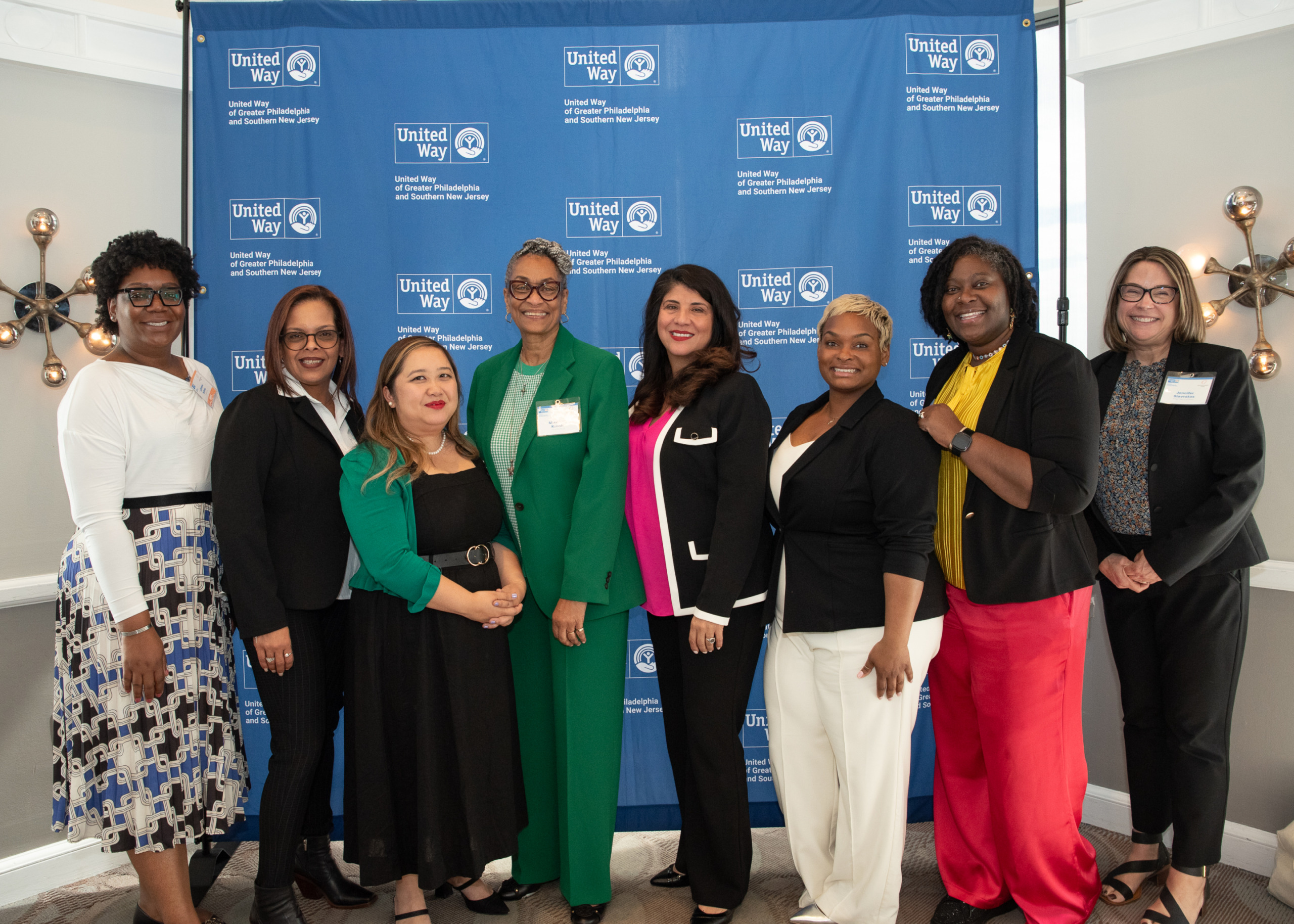Access to early education is one of the largest predictors of a child's long-term success, yet too many children in our region are left behind.
How can we ensure all children in our region have equal access to high-quality early childhood education?
On April 24th, United Way and Reinvestment Fund co-hosted an event to explore this important question. We discussed the challenges faced by providers in expanding their programs, gathered insights directly from parents regarding their child care needs, and shared plans to invest in the ongoing success of early childhood education initiatives.
In a robust panel discussion with providers and funders, it became clear one of the biggest challenges providers face is staffing shortages. Most new employees in early childhood education programs leave after 6 months due to low pay, forcing providers to choose between expanding their programs or paying their employees a decent wage.
“I had to decrease the capacity of my programs to ensure I could give my employees a living wage,” said Laverne Cheeseboro of Heavenly Made Creations. "There was a time I was on food stamps, paying myself less so I could pay them more.”
I had to decrease the capacity of my programs to ensure I could give my employees a living wage. there was a time I was on food stamps, paying myself less so I could pay them more.

The event also featured a fireside chat with two mothers, Katrina Brown and Shavon Almodóvar, who shared their experiences and the challenges they faced in finding quality, affordable child care programs in Philadelphia.
For Shavon, finding a program that could meet her child’s specific needs was priority number one. “It’s tough to find a place like that,” she said. “The most important thing for me is being able to communicate with a provider about what my son needed and trust that he was going to get it.”
Katrina said her challenges came when she started making more money at work, hitting a benefits cliff that made child care costs even more unaffordable. “My job changed, and my son’s copay doubled. It’s tough, you know, when you’re making too much to qualify but not enough to live right.”
My job changed, and my son’s copay doubled. It’s tough, you know, when you’re making too much to qualify but not enough to live right.
What can be done?
It all starts with conversations like these. It starts with bringing all the players into a room and making sure they understand each other. Then, collectively, we can start the journey to stabilize the early childhood sector, expand access to early childhood services, and elevate the quality of programs in our region.
With support from individuals like you, United Way is investing in initiatives to support children’s growing mental health needs and bridge the gap between staff recruitment and retention. We believe that by giving resources to new members of the early childhood workforce, we can stabilize the early childhood sector, expand access to early childhood services, and elevate the quality of programs in our region.
“Early childhood education changes lives,” exclaimed Sherilynn Kimble of The Kimble Group. “We need resources to support the needs of the people currently working in the sector.”
Early childhood education changes lives. We need resources to support the needs of the people currently working in the sector.
It is our goal to ensure every child in Greater Philadelphia has access to high-quality early learning and education opportunities that maximize their potential to thrive and succeed. Stay tuned for more information about United Way’s new early childhood education initiatives.
P.S. Now, more than ever, your support matters. To read more about our regional listening tour, click here.

